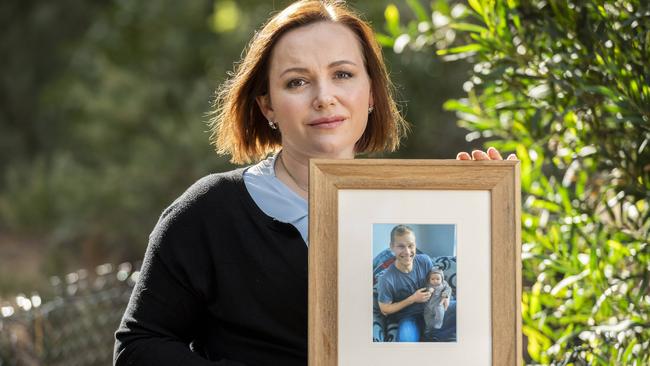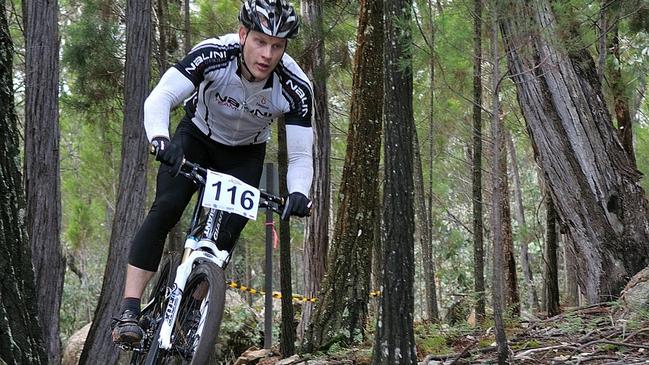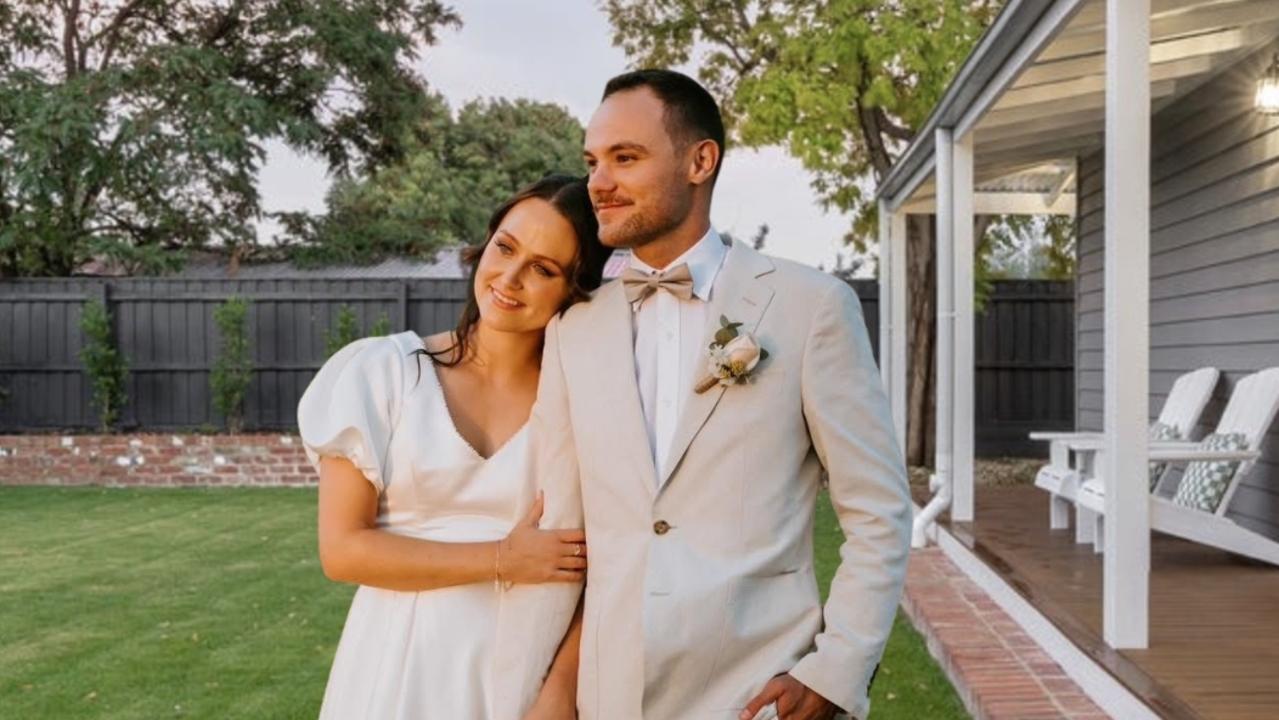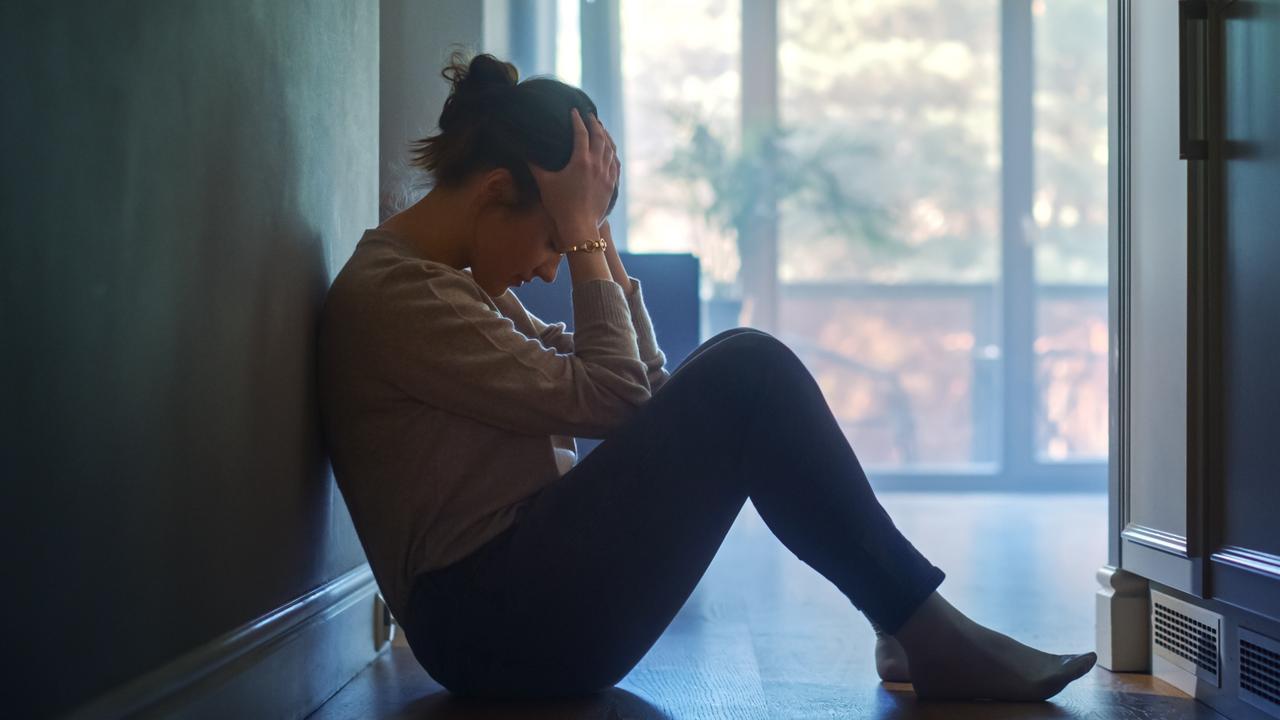Sudden cardiac killer $2 billion cost
Jessica Maris kissed her husband on the forehead as she left the bedroom to feed their baby. By the time she got back he had died from a sudden cardiac arrest. This is why she’s telling her story.

News
Don't miss out on the headlines from News. Followed categories will be added to My News.
It is one of the most heartbreaking and shocking of losses when a loved one literally drops dead – with no warning – from sudden cardiac arrest.
But this fatal and unexpected heart malfunction is also a bit hit for the economy, with a new report finding it costs Australia $2 billion a year in lost productivity.
The Baker Heart and Diabetes Institute analysed 4600 sudden cardiac deaths in Victoria over a year, and extrapolated the findings to the 20,000 cardiac arrests that happen nationally annually.
The study, partly funded by the Heart Foundation, found that just 85 per cent of patients died before reaching hospital, and 7 per cent surviving to discharge.

With a third of patients working at the time, this cost the Victorian economy $500 million at five years follow up – on par to productivity losses from all cancers combined.
Lead researcher and cardiologist Liz Paratz said the findings showed that prioritising research and better treatments was a worthwhile investment.
“It’s economically bad on a national level, but there are also individual families who have to deal with this fallout,” Dr Paratz said.
Mother-of-two Jessica Maris is living with this fatal fallout every day, as she continues to grieve for her husband Bryan who died in bed from sudden cardiac arrest six years ago as she breastfed her then three-month-old daughter in the next room.

“The economic impact is important, and has changed how we planned to live our lives, but the far biggest loss is Bryan and the future we dreamt of together,” Mrs Maris said.
To help improve the outcomes, the Baker Institute has started a world-first registry and genetic database for patients aged under 50.
“We need better prevention, but we need better survival rates,” said Dr Paratz.
“We need to fund a diverse range of research as deaths occur all the way through.”
It is this research that Mrs Maris has tapped into, as her children are now at risk of sudden cardiac death by virtue of their father’s death.
“It’s not OK that a young and healthy person goes to bed at night and does not wake up again,” Mrs Maris said.
“We need to work together on research and funding to make this stop.”


